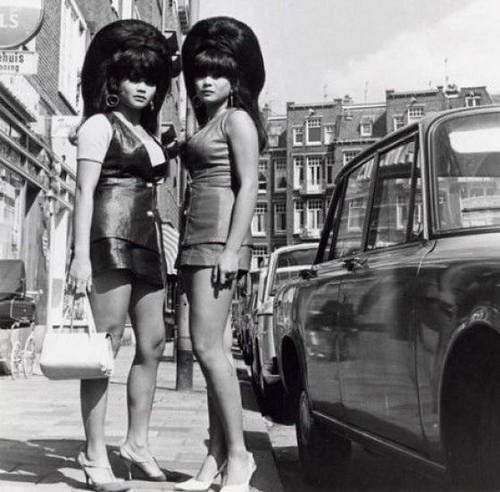I haven’t heard of co counselling even being mentioned for many years. I think it would have been in the early 1990’s when it was all the rage for about a year or two and then disappeared never to be heard of again. Funny how the counselling industry has fashions like that, which come and go.

Co counselling is about therapists getting therapy from other therapists. Therapists getting personal therapy is a good idea for two reasons. First it gives them an opportunity to work on their own issues and secondly a “training analysis” as it is sometimes called is a great way to learn therapy. The therapist as a client gets to see another therapist work not only by observing but also by being directly involved in the process. A great way indeed to learn the art of psychotherapy.
However co counselling has extra special interesting factors than just a therapist getting therapy from another therapist. Two therapists meet and decide they want some therapy and it goes like this:

Week 1.
Person A is therapist
Person B is client
Week 2.
Person A is client
Person B is therapist
Week 3.
Person A is therapist
Person B is client
Week 4.
Person A is client
Person B is therapist
and so on.
Each week they swap the roles of therapist and client. A most interesting proposal indeed. For instance what happens with the transference? It would provide a most interesting experiment on the nature of transference to see what did happen.

Social experiments involve risk. If you never take a risk what will you end up with?
Transference is where the client develops a strong attachment and feelings for the therapist. Often the feelings are not reality based. The client starts to put mother’s face onto the therapist and react to her/him in the same way she did 30 years ago to mother.
This happens because the therapist is in the power position with the client and the client starts this transferring process. Sometimes the transference feelings can be quite strong indeed. In co counselling the therapist and client switch roles each week.
What impact will that have on the transference process?
Will both develop a transference?
Will neither develop a transference?
If one or both parties develop some transference how can that be managed in the co counselling process?
Most interesting questions indeed.
It provides a quite different perspective from which to examine the whole therapeutic process.
Graffiti
I know a couple of people who were involved. The group process blew up. Don't know enough to know the specific or real issues.
ReplyDeleteDo you suppose after a few months of that, they would butt heads like an old married couple? This sounds like a good research project (something to do in all your free time).
ReplyDeleteWhy don't you find someone and give it a go?
ReplyDeleteWell I might just do that kahless
ReplyDeleteT
Thanx Evan,
ReplyDeleteI assumed something happened because it seemed like one day it was there and the next it was gone. And I have not heard of it since
Tony
Hello KYLady
ReplyDeleteYes my free time!!
They could butt heads like a married couple but I suppose that depends on what transference reactions they would have to each other. Some may become overly compliant
Graffiti